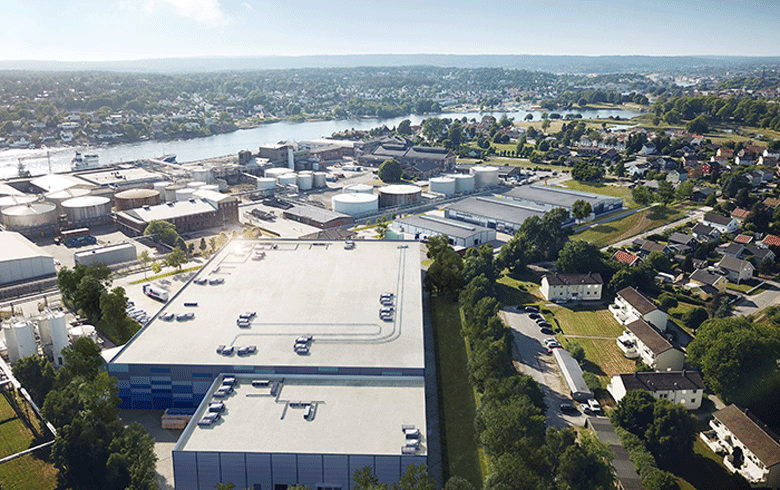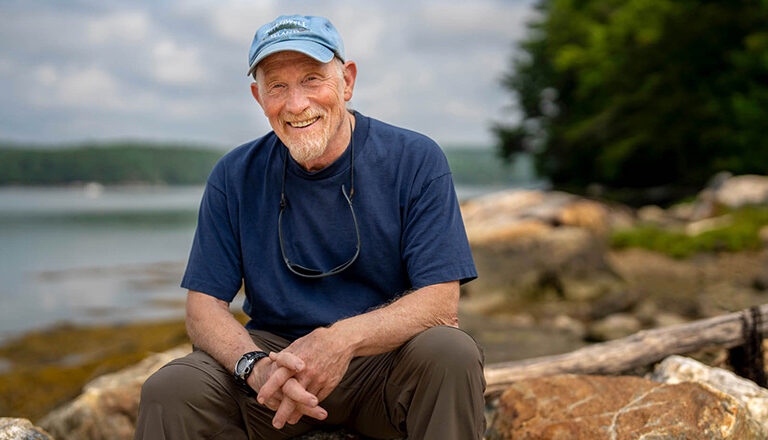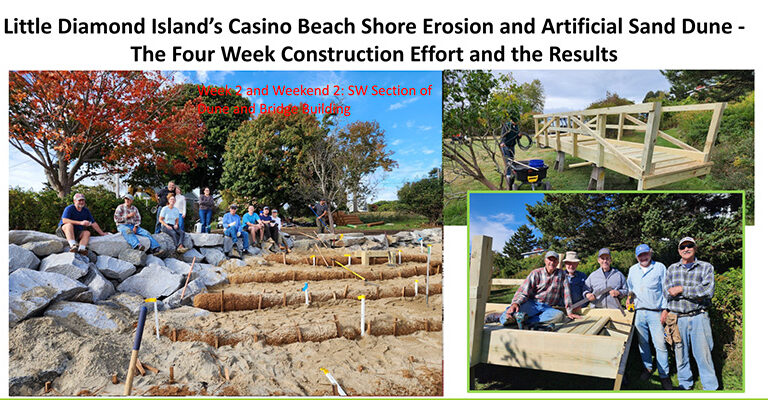I wish to thank The Working Waterfront for allowing me to comment (op-ed, November issue) on technologies being promised for new large scale aquaculture facilities in Maine. The federal Environmental Protection Agency refers to these as concentrated aquatic animal production facilities. As an individual, it has been extremely difficult to provide such comments in a system largely influenced by political interests.
Recently, the president of Nordic Aquafarms wrote a rebuttal to my article (December/January issue) in an effort to discredit me personally. I stand by my research that large proposals such as that of Nordic Aquafarms have not demonstrated success and believe that my credentials as a scientist and engineer are solid.
It is a fact that the Nordic pilot facility in Fredrikstad, Norway has met with serious construction failures and that its wastewater plant has faced issues from the Norwegian regulatory body. Their “D” shaped tank has not been proven.
Importantly, a review of process, regulations, and calculations is now before a judge. There is documentation that Nordic’s proposed effluent will contain nitrogen levels that will exceed both recommended oxygen assimilation in the bay and will reduce eelgrass protection; that warm effluent will increase temperatures in the effluent mixing zone beyond regulatory limits; and that air quality will diminish. Size matters.
It is my opinion that technologies and state policies deserve special consideration when utilizing unproven technologies on scales of this magnitude and on our sensitive Maine coast with its limited groundwater, relatively shallow bays, and commercial fishing.
John Krueger lives in Northport and is a board member of Upstream Watch, the group opposing the project Nordic Aquafarms is pursuing in Belfast.





